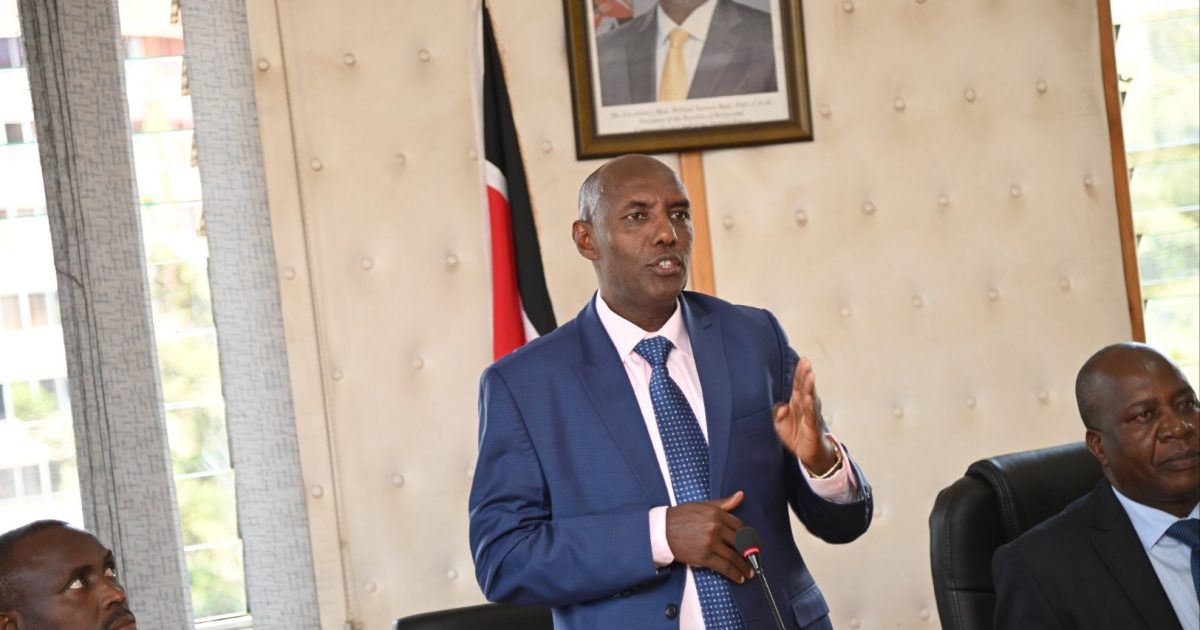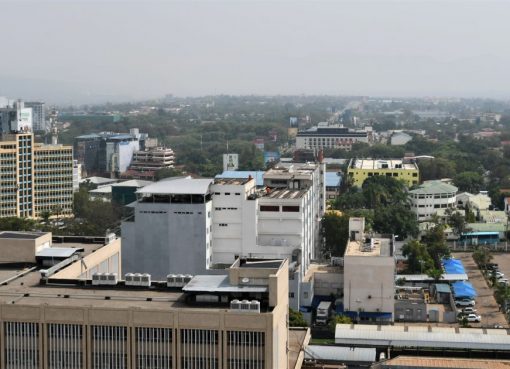The government through the Agriculture and Food Authority (AFA) has given a go-ahead for the inspection and harvesting of mature sugarcane for milling sugar to curb the current shortage of the commodity.
Crops Development Principal Secretary (PS) Kello Harsama said that the directive given by AFA to suspend sugar factories from operation was to allow for the sugarcane in the farms to mature and it was done in the best interest of both farmers and millers.
The PS, during a sugar stakeholders meeting at Kilimo House, explained that the decision by AFA had the government’s blessing and it was intended to protect the farmers from the losses occasioned by harvesting of immature sugarcane which results to less tons per acre and has low sucrose value thus leading to low payment for the farmers.
Harsama explained that regulation of sugarcane harvesting is not new in Kenya and it is a practice found in other sugar-producing countries like Brazil, Thailand, and all countries in the Common Market for Eastern and Southern Africa (COMESA) region.
He noted the regulation to stop the harvesting of immature cane was arrived at after deliberations with stakeholders in the sector but due to complaints from the farmers, millers, and traders, they are now opening up the harvest of mature cane only.
“As a country, we need sugar and we are not happy to import and so if there are pockets of mature sugarcane in the country then we will allow for it to be harvested and milled,” said the PS.
He added that they understand that farmers in the sugar-producing areas depend on the crop to take their children to school and fulfill other needs and thus they will allow them to sell the mature cane.
“But even as we allow the harvest of mature cane we must put controls. The AFA chairman and the sugar directorate will visit those farms to ascertain if there is mature cane and they will give a go-ahead for its harvest,” explained Harsama.
He reiterated that farmers in the other regions will have to wait for their cane to mature so that they are allowed to harvest.
AFA chairman Cornelly Serem said that they are putting up measures to ensure that sugar prices come down and they have licensed a number of companies to import about 290,000 metric tons.
“Regularly we produce about 60,000 metric tons per month and now we are down to a production of 17,000 metric tons causing a major shortfall of sugar in the country,” said Serem.
He explained that even those licensed to import are having a rough time getting sugar since there is a global shortage.
“We have been in talks with Brazil and they are telling us that they also have a challenge because many countries are rushing there to buy sugar,” said Serem.
He explained that the price of sugar internationally has doubled from the usual 350 dollars up to 700 dollars per metric ton and this means that after importing at that price, by the time the sugar gets into the country, the price will be slightly higher than what is produced locally.
“These factors mean that the price of sugar will remain higher for longer before going down and that is why we are insisting that local production needs to go up,” said Serem.
He added that the sugar factories in the country have admitted that there is no sugarcane to be crushed and they will agree with them on how they will crush the available mature sugarcane whether on a weekly or biweekly basis.
“In the next four months we will have enough sugarcane to crash and we will stop the imports,” said Serem as he warned any factory found crushing immature cane that their license will be canceled.
He explained that some sugar mills located in areas where there is mature sugarcane are still in operation like Transmara which he said was operating at 100 percent, Sony at 50 percent, and Sukari at 53 percent. He said the rest which were operating at 20 percent are the ones that were closed down since they were actually making losses.
By Joseph Ng’ang’a




